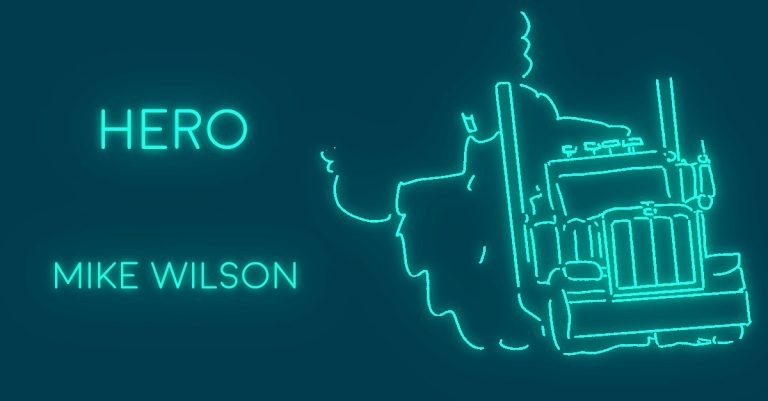
HERO by Mike Wilson
But maybe it would be good in some way, this sudden death of his, maybe it would mean his son Jason would move back to town and stop chasing that stupid life as a YouTube street magician.

But maybe it would be good in some way, this sudden death of his, maybe it would mean his son Jason would move back to town and stop chasing that stupid life as a YouTube street magician.
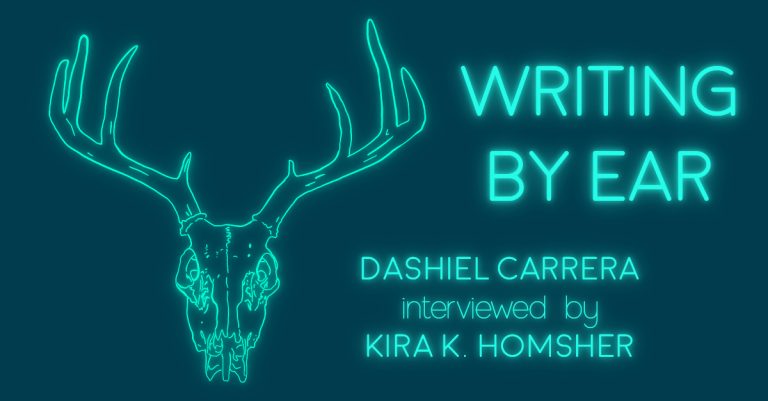
Transfixed by the odd turns and cadence of its speech, each day I set a timer and kept writing until the alarm went off. This approach no doubt held its roots in my background recording music: I thought of these writing sessions like performances, called “takes.”
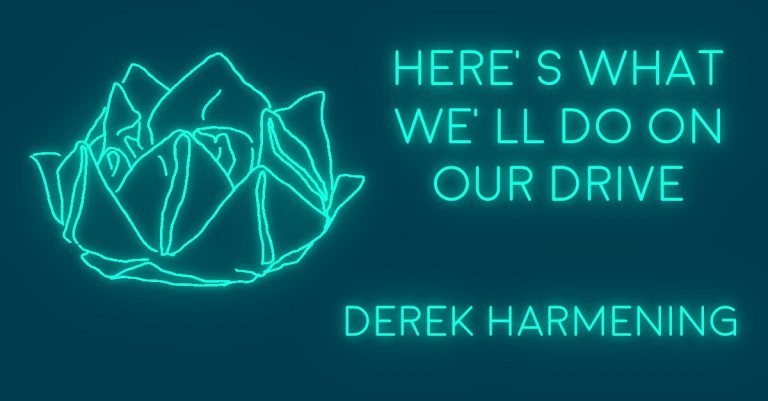
When it’s dark, we’ll turn off the freeway, pull into the one place we can find. Look, you’ll say, pointing up at the harsh red neon.
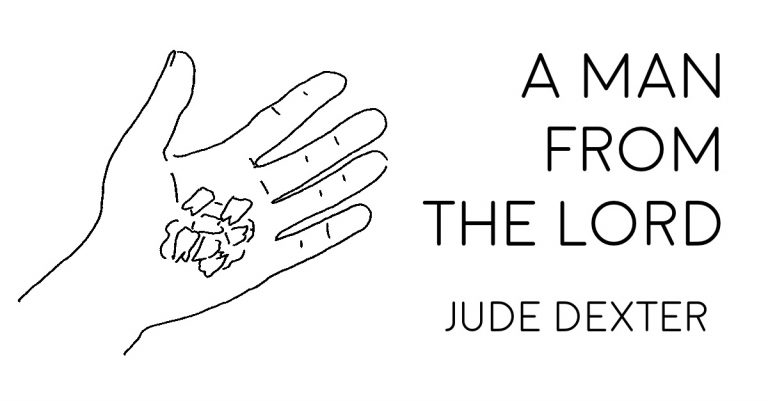
The plague, the Good Prophet told them, was a judgment, and it would lay Harpers to waste if they did not repent, so they begged the Lord for mercy.
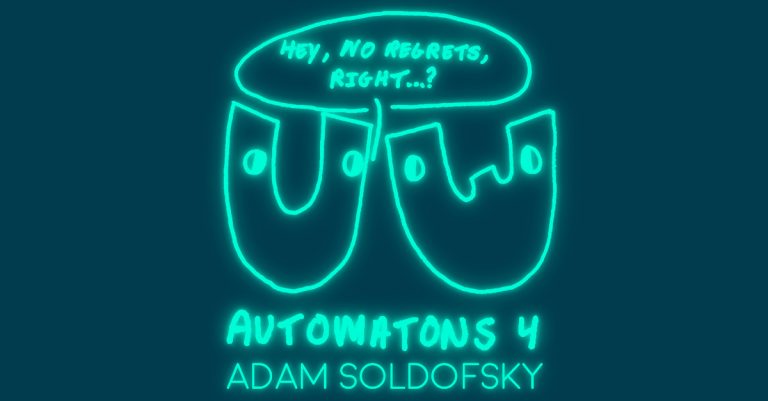
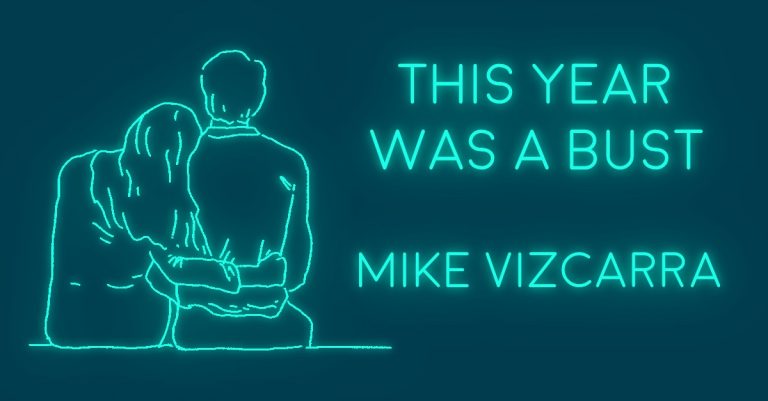
There is a red lipstick stain on my shirt from when we hugged. Mocking me, the way that stains do.
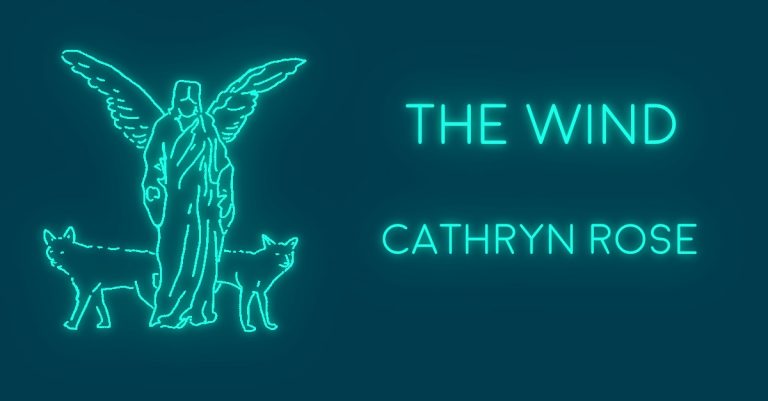
Dan won an award first for proving God doesn’t exist and then for proving He does.
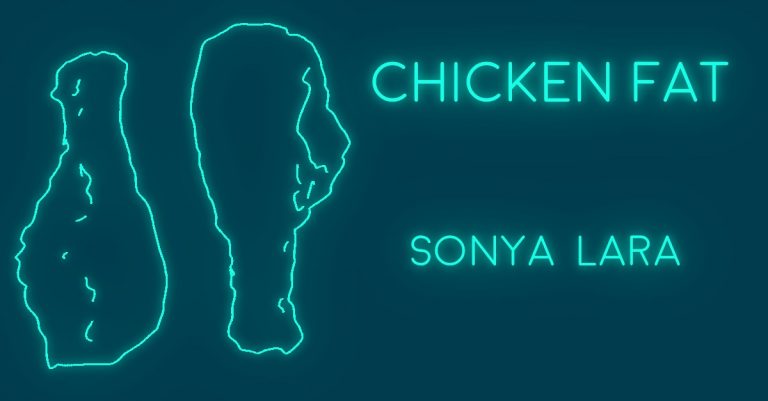
This seems to make her feel better because she sucks the wing real good like she’s trying to make the bird cum while she tells me that she wishes her daughter was more like me, minus the whole losing my hair thing obviously.
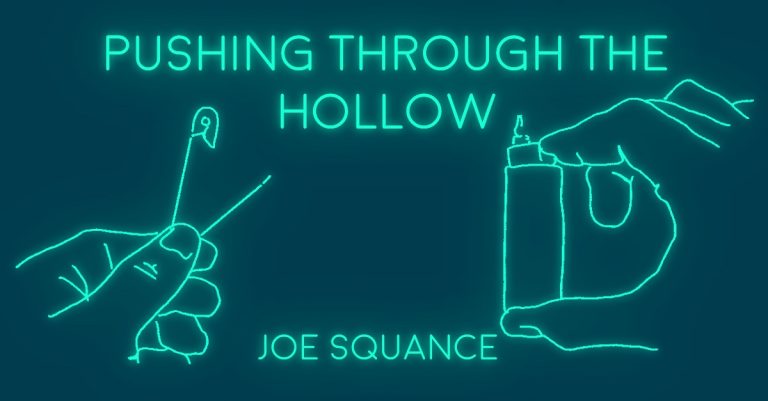
When Jimmy felt ready, he held the tip of the safety pin to the side of his left nipple and pressed it in.
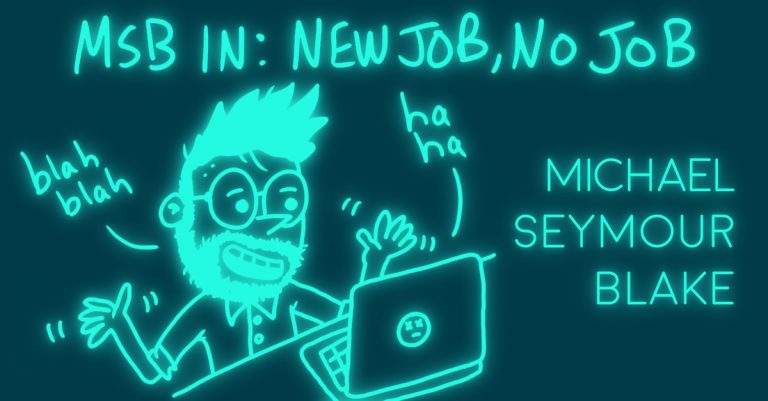
Here’s MSB on his 6th interview for a job he’s not qualified for. He’s boldly candid about everything. They find him odd and endearing.
